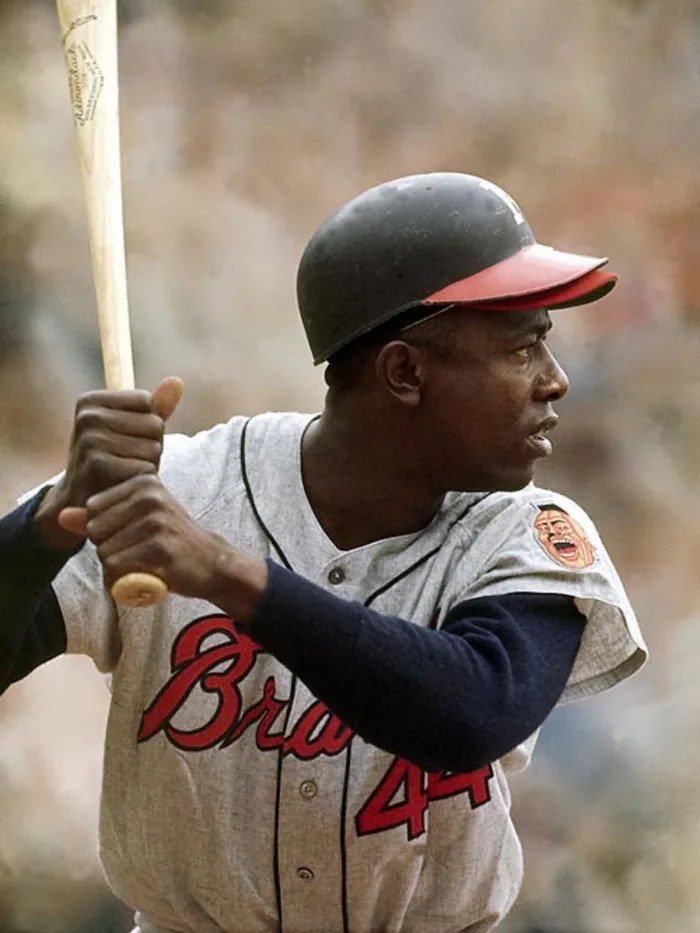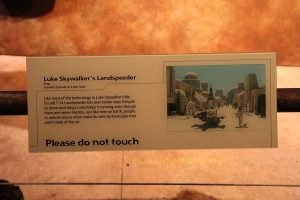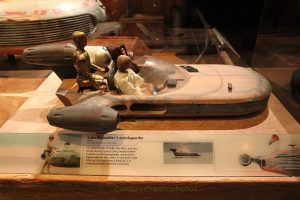Yet the numbers, great as they are, do not tell the story of the impact of Aaron. He is the most important baseball player in the 74 years since Jackie Robinson stepped on the diamond at Ebbets Field in Brooklyn in 1947.
It was not just because Aaron broke the all-time home run record of Babe Ruth, as hallowed a record as there ever was. The importance of that happening was as obvious as black and white, or as Vin Scully said on air that night:
“What a marvelous moment for baseball. What a marvelous moment for Atlanta and the state of Georgia. What a marvelous moment for the country and the world. A Black man is getting a standing ovation in the Deep South for breaking a record of an all-time baseball idol. And it is a great moment for all of us, and particularly for Henry Aaron.”
You wanted to add an “amen.

It was also that Aaron conducted himself with hard work, class and humility, which is to say, he never stopped being himself, though racist America was there at his side trying to deter him.
Aaron was 40 years old in 1974 and playing his 21st major league season when he hit number 715. The chasing of Ruth over the previous few years so wore him down that when he stepped to a microphone immediately after hitting 715 the one summation that came to his lips was, “Thank God it’s over.”
Even when his glory days as a player were over, Aaron continued to dedicate himself to unselfishness, to helping others. He was a longtime executive with the Braves who grew the team’s minor league system. He established Chasing the Dream, a foundation that provides grants to children age nine to 12 to seek advance study in arts, music, dance and sports. He knew that age was the sweet spot of dreams and the drive to make them come true.
Last month I did one of the last interviews with Hank Aaron, on MLB Network. He looked great, especially when I asked him about Mickey Owen, the former catcher from Mississippi who was an early influence on Aaron.
Owen was Aaron’s manager in 1953 in winter ball in Puerto Rico, where the Braves wanted the infielder to learn how to play the outfield. Owen threw batting practice to him in the broiling heat for 14 consecutive days, each time with the same routine: 20 minutes hitting to right field, 20 minutes hitting to center field and 20 minutes to left field. And when they were done, Aaron would say to Owen, “I’d like to hit some more.” And Owen, then 37 years old, would throw some more.
“I would have to give him all the credit for my career,” Aaron said. “If not for him I don’t think I would have had that kind of career.”
I also asked Aaron to pick what made him proudest among his many accomplishments in baseball. He spoke eloquently about doing whatever he could as a batter to drive in a teammate from the bases. It was typical Aaron and it was beautiful. It wasn’t about him. It was about others.
Graciousness always was an Aaron hallmark, as much as the home runs.
As long as we live we can see in our mind’s eye that blunt swing of his—his powerful wrists wielding a bat as decisively as anybody who ever played this game. But today, as we say goodbye, all of us need to pause a moment, whether we are baseball fans or not, to say, “Thank you, Hank. Thank you for the gift you gave us of simply being Hank Aaron.”
![]()


















